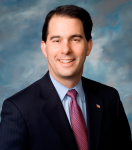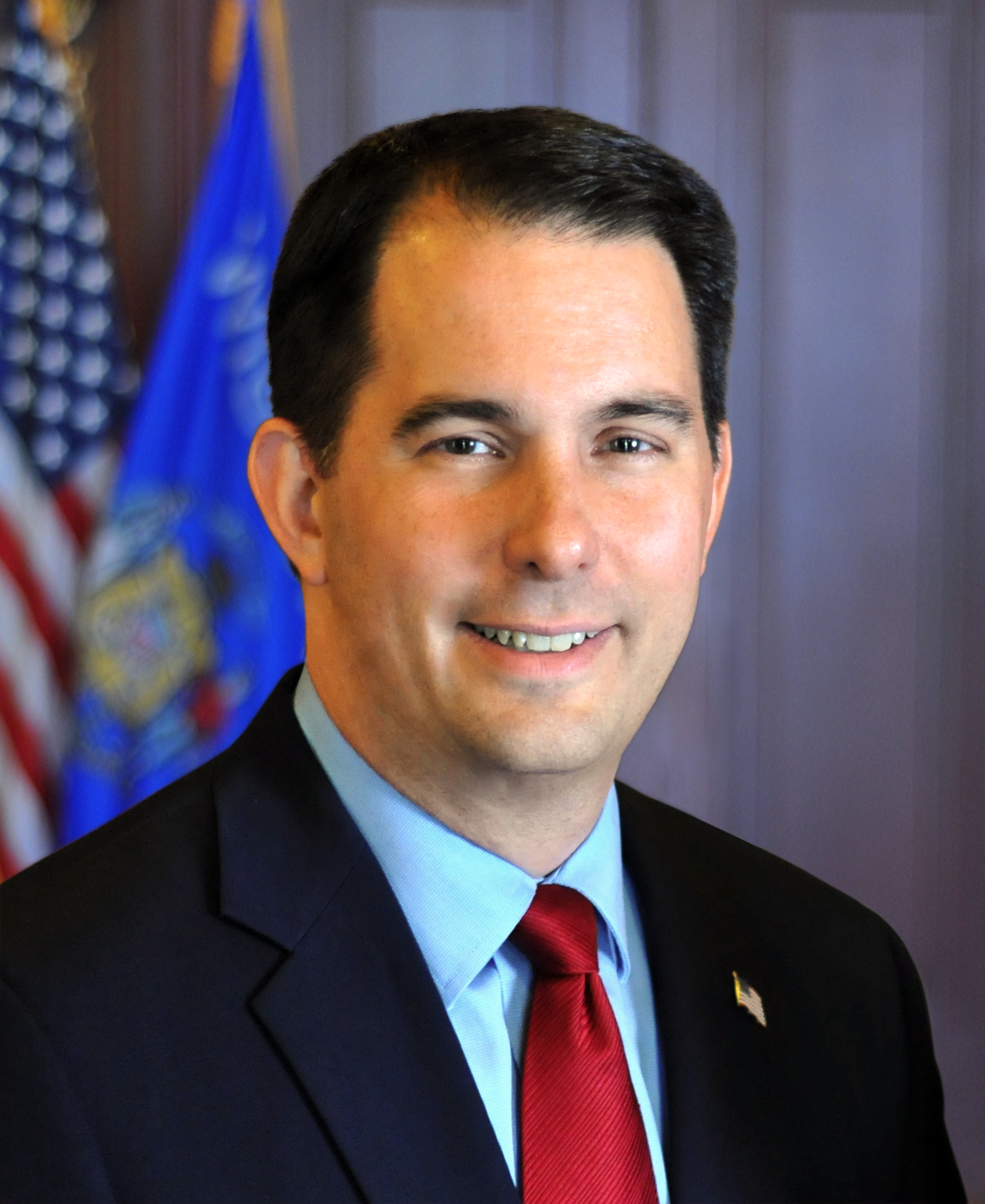Governor Walker Calls Legislature into Special Session and Orders New Actions in the Fight Against Opioid Abuse
“This is a public health crisis, and that’s why I’m calling a special session of the Legislature and directing state agencies to ramp up the state’s response”
Madison – Governor Scott Walker called the Wisconsin State Legislature into special session and issued new directives to state agencies today in a continuation of the fight against the heroin and opioid epidemic. The special session call and agency directives were given through Executive Orders #228, #229, and #230. The orders implement recommendations made in a report issued today by Lieutenant Governor Rebecca Kleefisch and Representative John Nygren, co-chairs of the Governor’s Task Force on Opioid Abuse.
“This is a public health crisis, and that’s why I’m calling a special session of the Legislature and directing state agencies to ramp up the state’s response,” said Governor Walker. “I thank Lieutenant Governor Kleefisch and Representative Nygren for making these recommendations, the work of the task force, and the many first responders, medical professionals, and family members who are on the front lines of this effort.”
Governor Walker will hold signing ceremonies of these executive orders at a series of events in Weston, Green Bay, and Chippewa Falls with Lieutenant Governor Kleefisch and Representative Nygren.
- Executive Order #228 directs Wisconsin state agencies to take further action to combat opioid abuse and addiction based upon the recommendations of Lieutenant Governor Kleefisch and Representative Nygren included in the report sent to Governor Walker today.
- Executive Order #229 directs the Wisconsin Department of Health Services (DHS) to apply for federal funding recently made available with the passage of the 21st Century CURES Act. The act makes available up to $7,636,938 per year for two years to Wisconsin for programs responding to the opioid crisis through the State Targeted Response to the Opioid Crisis Grant.
- Executive Order #230 requests a special session of the Wisconsin State Legislature to commence at 11:00 a.m. on January 5, 2017, to consider and act upon the following legislation:
- LRB-1026, relating to opioid antagonist administration in schools;
- LRB-1327, relating to opioid treatment and diversion programs and providing funding;
- LRB-1323, relating to limited immunity for people who receive first responder care following a drug overdose;
- LRB-1325, relating to prescription requirements for certain Schedule V controlled substances;
- LRB-1328, relating to the civil commitment of people experiencing substance abuse addiction;
- LRB-0639, relating to the University of Wisconsin System chartering a recovery school;
- Legislation allocating $63,000 per year of the 2017-2019 biennium to the rural hospital graduate medical training program;
- Legislation allocating $1,000,000 per year of the 2017-2019 biennium for grants to support new medically assisted treatment centers;
- Legislation allocating $500,000 per year of the 2017-2019 biennium for a consultation service for medical professionals to access addiction medicine specialists;
- Legislation allocating $420,000 per year of the 2017-2019 biennium for four additional criminal investigation agents at the Wisconsin Department of Justice (WisDOJ) focused on drug interdiction and trafficking; and
- Legislation allocating $100,000 per year of the 2017-2019 biennium to expand the Screening, Brief Intervention, and Referral to Treatment (SBIRT) training program offered by the Wisconsin Department of Public Instruction (DPI).
“All of us know someone personally affected by a heroin overdose or drug death,” said Lieutenant Governor Kleefisch. “It has been an honor to work with John, who is a nationally recognized policy leader on this issue. Together, we’re going to continue this initiative as we look for new ideas and evaluate the impact of the policies we’ve adopted the past several years.
“I’m proud of the steps we’ve taken to start addressing our state’s opioid epidemic,” said Representative Nygren. “We’ll continue to prioritize this issue by expanding upon treatment and diversion programs, working to reduce instances of overprescribing, and further destigmatizing addiction. Thank you to all of the recovery advocates, members of the medical community, law enforcement, my fellow task force members, Lieutenant Governor Kleefisch, and Governor Walker for helping to bring this issue of addiction to the forefront. The recommendations included in this report are not the silver bullet; I look forward to continuing the fight against Wisconsin’s prescription opioid and heroin epidemic as we begin the 2017-18 Legislative Session.”
Governor Walker created the Task Force on Opioid Abuse in September 2016. The task force has met several times across the state, and the agency steering committees conducted a number of internal and external engagement meetings. This report and recommendations are from the co-chairs and were issued on an expedited basis to ensure inclusion in the state budget process as the task force’s work goes on.
Copies of Executive Orders #228, #229, and #230 are attached.
Members of the press and public can learn more about the Governor’s Task Force on Opioid Abuse and the opioid abuse issue by visiting hope.wi.gov.
NOTE: This press release was submitted to Urban Milwaukee and was not written by an Urban Milwaukee writer. It has not been verified for its accuracy or completeness.
Mentioned in This Press Release
Recent Press Releases by Gov. Scott Walker
Governor Walker Orders Flags to Half-Staff Honoring Master Sergeant Jonathan Dunbar
Apr 13th, 2019 by Gov. Scott WalkerGovernor Scott Walker ordered flags to half-staff on Saturday, April 14, 2018.
Governor Walker Orders Flags to Half-Staff as a Mark of Respect for Captain Christopher Truman of the Lake Mills Fire Department
Jan 3rd, 2019 by Gov. Scott WalkerCaptain Truman died on December 31, 2018, while selflessly assisting a driver of a crashed vehicle on Highway 12 near the Yahara River Bridge in Monona, Wisconsin.
Governor Walker Appoints St. Croix County Judge and Ashland County District Attorney
Jan 2nd, 2019 by Gov. Scott WalkerGovernor Scott Walker today appointed Attorney Scott J. Nordstrand to serve as a judge on the St. Croix County Circuit Court and Attorney David Meany to the position of Ashland County District Attorney.















